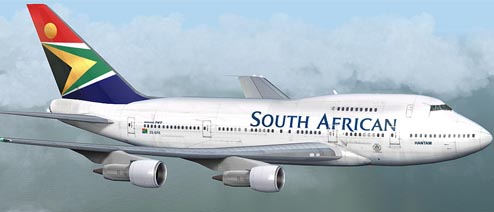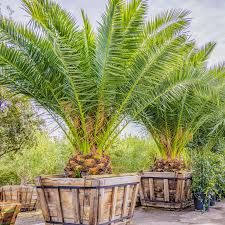Stamp: BAC One-Eleven (Samoa 1973)
BAC One-Eleven (Samoa 1973)
01 January (Samoa ) within release Stamp Duty goes into circulation Stamp BAC One-Eleven face value 30 Samoan sene
Stamp is horizontal format.
22s postage stamp of 1973 surcharged "STAMP DUTY 30 Sene" and obliterating block in blackAlso in the issue Stamp Duty:
- Stamp - BAC One-Eleven face value 5;
- Stamp - BAC One-Eleven face value 25;
- Stamp - BAC One-Eleven face value 30;
- Stamp - Hawker Siddeley 748 face value 25;
- Stamp - Hawker Siddeley 748 face value 50;
- Stamp - Hawker Siddeley 748 face value 10;
- Stamp - Hawker Siddeley 748 face value 100;
- Stamp - Stained Glass Window face value 5;
Stamp BAC One-Eleven it reflects the thematic directions:
An aircraft (pl. aircraft) is a vehicle that is able to fly by gaining support from the air. It counters the force of gravity by using either static lift or the dynamic lift of an airfoil, or, in a few cases, direct downward thrust from its engines. Common examples of aircraft include airplanes, rotorcraft (including helicopters), airships (including blimps), gliders, paramotors, and hot air balloons.Part 1 (Definitions and Abbreviations) of Subchapter A of Chapter I of Title 14 of the U. S. Code of Federal Regulations states that aircraft "means a device that is used or intended to be used for flight in the air."
An airline is a company that provides a regular service of air transportion for passengers or freight (cargo). Airlines use aircraft to supply these services. Many passenger airlines also carry cargo in the belly of their aircraft, while dedicated cargo airlines focus solely on freight transport. Generally, airline companies are recognized with an air operating certificate or license issued by a governmental aviation body. Airlines may be scheduled or charter operators.
An airport is an aerodrome with extended facilities, mostly for commercial air transport. Airports usually consist of a landing area, which comprises an aerially accessible open space including at least one operationally active surface such as a runway for a plane to take off and to land or a helipad
Aviation is the practical aspect or art of aeronautics, being the design, development, production, operation and use of aircraft, especially heavier than air aircraft. The word aviation was coined by French writer and former naval officer Gabriel La Landelle in 1863, from the verb avier (synonymous flying), itself derived from the Latin word avis ("bird") and the suffix -ation.
The Arecaceae is a family of perennial, flowering plants in the monocot order Arecales. Their growth form can be climbers, shrubs, tree-like and stemless plants, all commonly known as palms. Those having a tree-like form are called palm trees. Currently, 181 genera with around 2,600 species are known,
most of which are restricted to tropical and subtropical climates. Most palms are distinguished by their large, compound, evergreen leaves, known as fronds, arranged at the top of an unbranched stem, except for the Hyphaene genus, who has branched palms. However, palms exhibit an enormous diversity in physical characteristics and inhabit nearly every type of habitat within their range, from rainforests to deserts.





